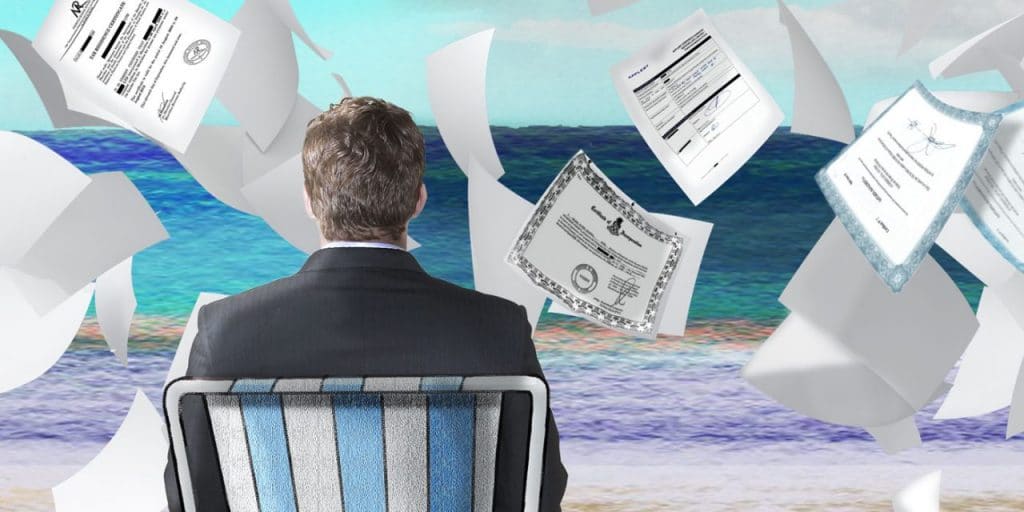New York – Sidley Austin LLP is pleased to announce that Michael J. Schmidtberger has been elected Chair of its Executive Committee, the governing body responsible for exercising general authority over the firm’s policies and affairs, effective January 1, 2018. Mr. Schmidtberger will succeed Carter Phillips in this role. Mr. Phillips will remain a partner with Sidley and continue his Supreme Court and Appellate practice.
“I am incredibly honored to have been chosen to help guide this world-class firm,” said Mr. Schmidtberger. “It is a privilege to carry forward the leadership legacy Carter and his predecessors have instilled throughout their tenures as executive committee chair. I look forward to shaping the firm’s strategy to provide the best possible service as we work together with our clients to confront their opportunities and challenges in the ever-changing global business and regulatory environment.”
In leading Sidley forward, Mr. Schmidtberger will work alongside Larry Barden, chair of the firm’s Management Committee. The Executive and Management Committees work in concert and are the two main governing bodies of the firm.
“Mike is an incredible talent and highly respected by both clients and colleagues,” said Mr. Barden. “In our work together on the Management and Executive Committees, I know him to be a strategic thinker who takes a thoughtful and measured approach to addressing complex issues. Collaboration comes naturally to Mike. I look forward to working together in delivering exceptional results for our clients.”
Mr. Schmidtberger has been involved in shaping the direction of the firm for the past 15 years in his various leadership roles. He is co-leader of Sidley’s internationally recognized Investment Funds, Advisers and Derivatives practice, which has won numerous awards as a provider of legal services to the private funds industry. Mr. Schmidtberger has served on Sidley’s Executive Committee since 2002 and Management Committee since 2008. Additionally, he has been managing partner of Sidley’s New York office for the past five years, a role he will vacate upon assuming his new duties as Executive Committee chair.
“Mike is a trusted colleague with strong leadership skills and insight,” said Mr. Phillips. “I’ve had the pleasure of working with Mike for many years and I am confident he is the right person for this role. He embodies our collaborative culture and commitment to exceptional client service.”
Mr. Schmidtberger has been with Sidley for 28 years. His ability to assist clients has earned him broad recognition as a trusted adviser. Mr. Schmidtberger advises and represents clients in domestic and international offerings of hedge funds, fund of funds, public and private commodity pools, and related regulatory matters. As is the time-honored tradition at Sidley, he will maintain his active practice while in this new leadership position. Mr. Schmidtberger is a graduate of Columbia College in the City of New York and Columbia Law School.
With 2,000 lawyers in 20 offices around the globe, Sidley is a premier legal adviser for clients across the spectrum of industries. Follow Sidley on Twitter @SidleyLaw.
For purposes of the New York State Bar rules, this press release may be considered Attorney Advertising and our headquarters are Sidley Austin LLP, 787 Seventh Avenue, New York, NY 10019, +1 212 839 5300; One South Dearborn, Chicago, IL 60603, +1 312 853 7000; and 1501 K Street, N.W., Washington, D.C. 20005, +1 202 736 8000.


Obviously not written by someone familiar with US tax law, Some “investigative” journalist.